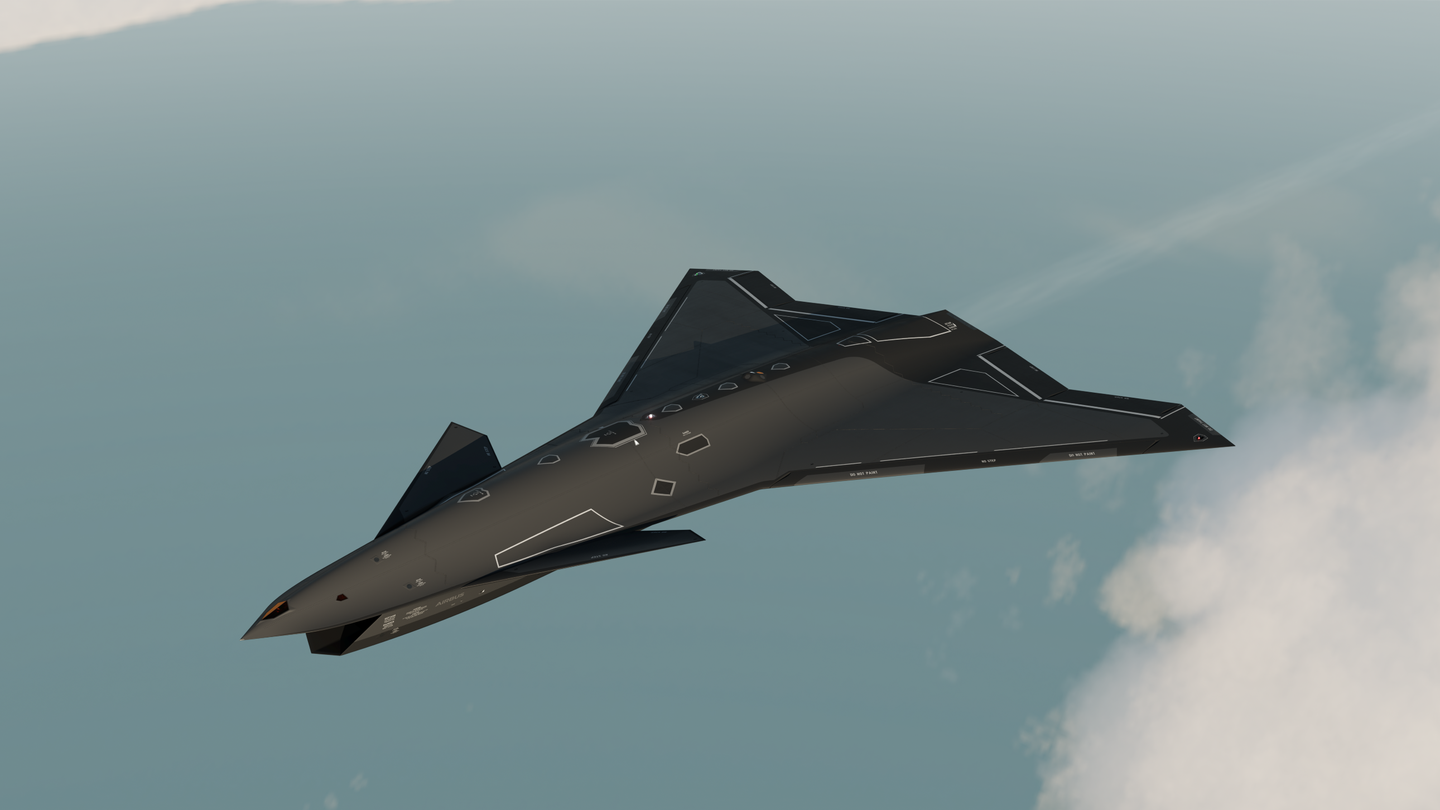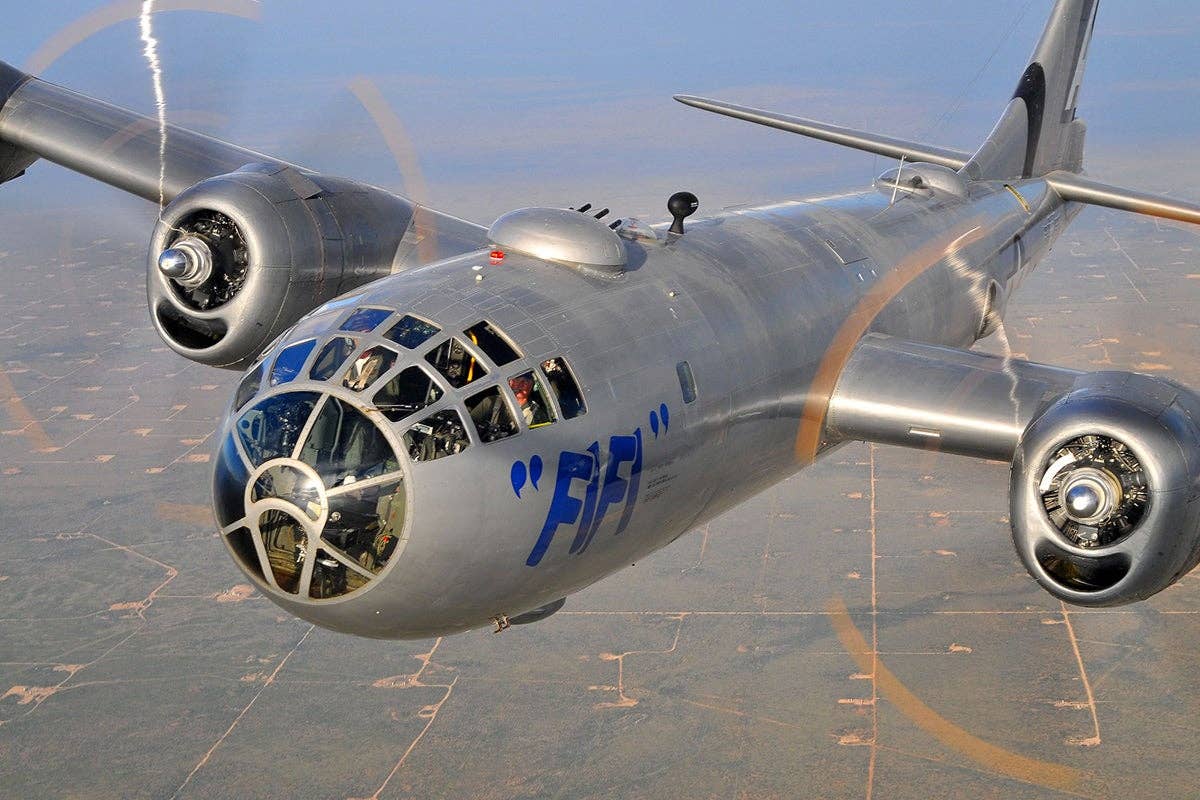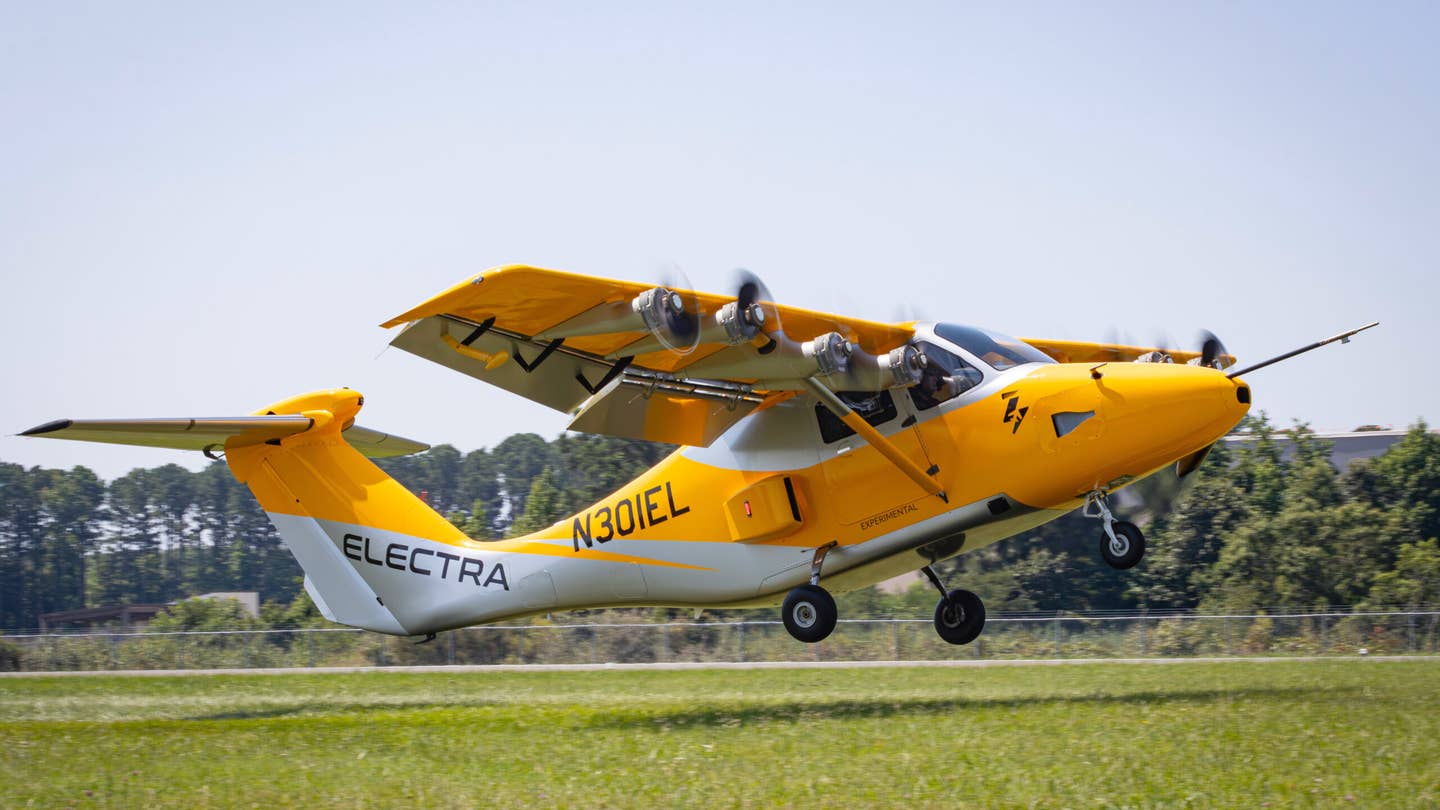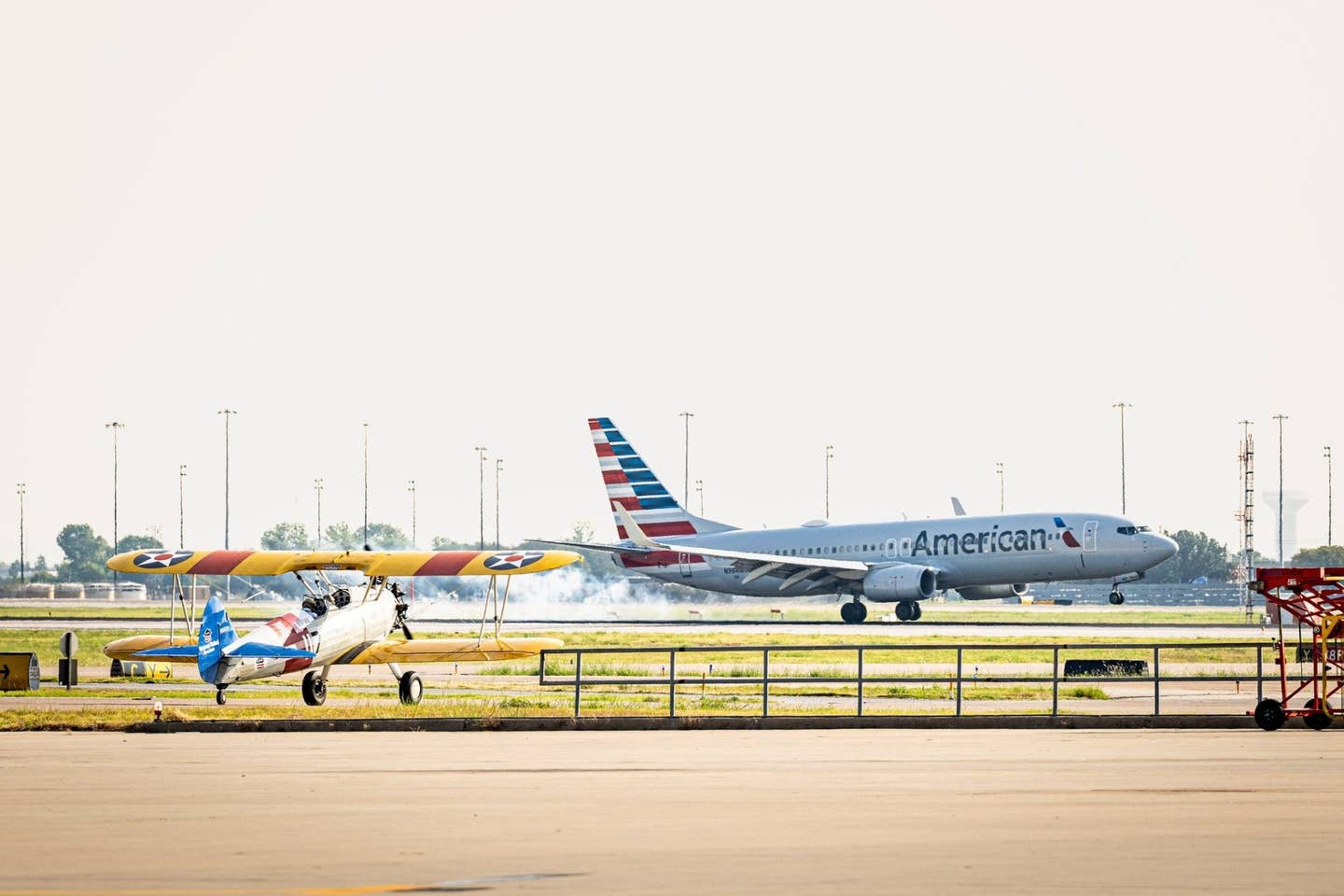Airbus to Unveil Uncrewed ‘Wingman’ Concept at ILA Berlin Air Show
Wingman could become a remote carrier for Europe’s Future Combat Air Systems (FCAS) initiative, which aims to meld crewed and uncrewed operations together.

Airbus on Monday shared a digital rendering of its uncrewed ‘fighter-like drone’ concept, Wingman. [Courtesy: Airbus]
Airbus on Monday announced it will unveil its concept for an uncrewed “Wingman,” designed to serve as an escort for crewed fighter jets, at the International Aerospace Exhibition ILA in Berlin from June 5 to 9.
The manufacturer describes the Wingman model as a “fighter-type drone” that could be commanded by the pilot of an existing combat aircraft, such as the Eurofighter Typhoon.
Like a wingman in the traditional military aviation sense, it would support the mission lead with augmented capabilities. But unlike crewed fighter aircraft, it could take on high-risk missions that pose a threat to human personnel, receiving commands from a pilot that is shielded from exposure to risk.
“The German Air Force has expressed a clear need for an unmanned aircraft flying with and supporting missions of its manned fighter jets before the Future Combat Air System [FCAS] will be operational in 2040,” said Michael Schoellhorn, CEO of Airbus Defence and Space. “We will further drive and fine-tune this innovation made in Germany so that ultimately we can offer the German Air Force an affordable solution with the performance it needs to maximize the effects and multiply the power of its fighter fleet for the 2030s.”
FCAS is a European defense and security initiative aiming to develop a “system of systems” that delivers all of the capabilities and functionality of its constituent subsystems. Airbus co-leads the program alongside Dassault Aviation and Spain’s Indra Sistemas.
At the core of FCAS will be a Next Generation Weapon System, in which uncrewed remote carriers work together with a New Generation Fighter (NGF): a sixth-generation fighter jet intended to replace Germany’s Typhoons, France’s Dassault Rafales, and Spain’s McDonnell-Douglas EF-18 Hornets by the 2040s.
Both the uncrewed aircraft and NGF will be connected to a “Combat Cloud” comprising sensor nodes in space, in the air, on the ground, at sea and in cyberspace.
“[Remote carriers] will fly in close cooperation with manned aircraft, supporting pilots in their tasks and missions,” Airbus explains on its website. “Military transport aircraft such as Airbus’ A400M will play an important role: as motherships, they will bring the Remote Carriers as close as possible to their areas of operation before releasing up to 50 small—or as many as 12 heavy—remote carriers.”
According to Airbus, Wingman is designed to carry weapons and “other effectors.” It would be able to perform a range of tasks, including reconnaissance, target jamming, and firing missiles. Pilots would always be in control and act as the final decision makers from the safety of a larger aircraft, allowing the uncrewed aircraft to do the work.
“An additional focus is on increasing the overall combat mass in an affordable manner so that air forces can match the number of opposing forces in peers or near-peers in conflicts,” Airbus said Monday.
The company said the 1:1 Wingman model on display at ILA Berlin will be akin to a “show car,” featuring various concepts and capabilities that may not make it onto the final design.
Like this story? We think you'll also like the Future of FLYING newsletter sent every Thursday afternoon. Sign up now.

Subscribe to Our Newsletter
Get the latest FLYING stories delivered directly to your inbox






